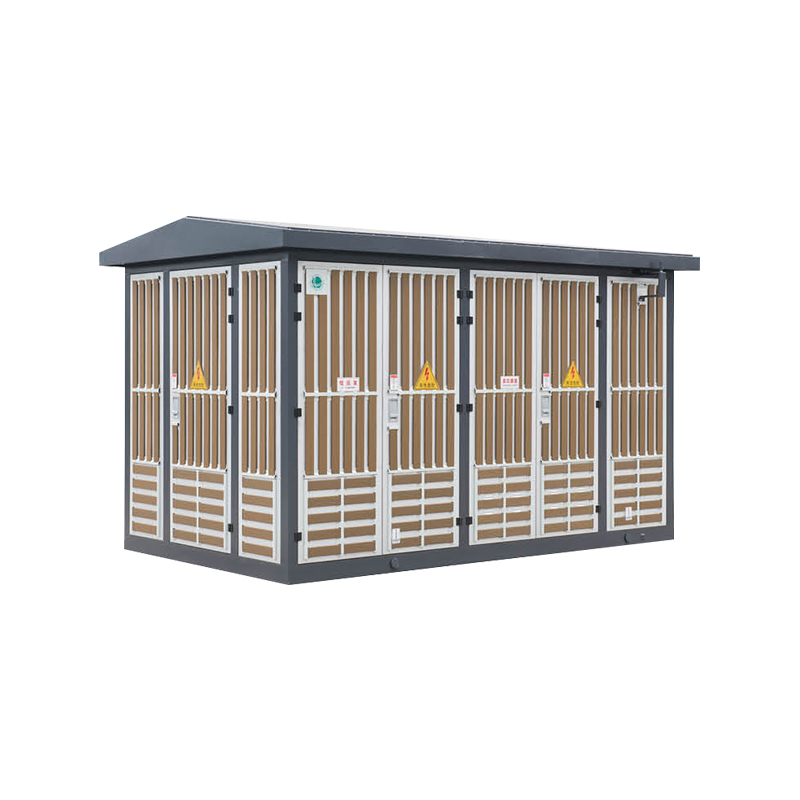Industry News
Underground IP68 Protection Cable Docking Box Enhances Solar Power Infrastructure
The Underground IP68 Protection Cable Docking Box is gaining attention as an important component in modern photovoltaic projects. Designed to safeguard electrical connections under demanding environmental conditions, the docking box provides reliable sealing, preventing water and dust ingress. Its IP68 rating ensures long-term durability in underground applications, where stable cable connections are essential for continuous operation.
A critical factor in ensuring safety and stability lies in the Voltage Withstand Test applied to the docking box and related components. This test verifies that the product can perform under elevated voltage levels without insulation breakdown or electrical leakage. For renewable power installations, consistent performance under such conditions is vital, as failures in underground systems are costly and challenging to repair.
Integration with the Photovoltaic Module system demonstrates the importance of cable docking solutions. While modules generate electricity from solar radiation, the docking box ensures safe transfer of the current to inverters and storage systems. The underground design supports efficient land use, allowing solar projects to maintain a clean layout above ground while securing essential wiring beneath the surface.
The deployment of the docking box is particularly relevant in Distributed Photovoltaic Power Station projects. These installations, located on rooftops, industrial zones, or rural fields, often face exposure to varying weather and ground conditions. By using an underground IP68 solution, operators achieve improved resilience against moisture and soil pressure, reducing the risk of interruptions in distributed networks.
The design philosophy also complements the Modular Photovoltaic Cabin model, which organizes power equipment into compact enclosures. When paired with modular cabins, underground docking boxes create a comprehensive infrastructure, connecting generation, storage, and distribution equipment with secure cabling. This synergy supports flexible project scaling and maintenance efficiency, both of which are priorities in renewable energy development.
Safety features are further enhanced by incorporating a Stainless Steel Cable Junction Box With Fault Indicator alongside docking boxes. While the docking box manages underground connections, stainless steel junction boxes above ground provide additional monitoring functions. The fault indicator allows operators to identify abnormalities promptly, enabling quicker responses and minimizing downtime. The use of stainless steel also ensures resistance to corrosion, contributing to the long-term dependability of the overall system.

From a project management perspective, adopting underground docking solutions reduces exposure of cables to physical damage and environmental wear. The compact form factor of the IP68-rated product supports flexible installation while maintaining accessibility for inspection. Manufacturers highlight that integrating such solutions into photovoltaic systems lowers operational risks and contributes to consistent energy supply.
In addition, underground docking boxes are being adapted to meet evolving demands for renewable power infrastructure. These advancements provide assurance for large-scale projects and distributed stations alike, aligning with industry objectives for stable renewable integration.
The Underground IP68 Protection Cable Docking Box underscores how supportive infrastructure shapes the effectiveness of photovoltaic installations. From voltage withstand testing to connections with photovoltaic modules, distributed power stations, and modular cabins, the role of cable protection solutions is expanding. By combining underground resilience with system-wide safety measures, the docking box is positioned as a practical tool for advancing solar energy applications.
Next
New Energy Storage Photovoltaic Cabin Strengthens Renewable Power Solutions
<p>The introduction of the<a href="/product/new-energy-power-distribution-equipment/&q...
View More- PRODUCTS
- New Energy Power Distribution Equipment
- Box Type Substation
- Cable Branch Box/Switch Station
- High Voltage Switchgear
- Low Voltage Switchgear
- Engineering Vacuum Circuit Breaker
- New Energy Vehicle Floor Charging Pile
- Commercial Energy Storage
- Photovoltaic Complete Box
- High Voltage Arrester
- INFORMATION
-
-
Phone+86-13868788848
+86-13356188725 -
Tel+86-0577-88810567
-
E-mail
-
AddNo. 59, Youyi Road, Xinguang Industrial Zone, Liushi Town, Yueqing City, Zhejiang, China
-
- ENQUIRE WITH US
Photovoltaic Module Manufacturer




 English
English  中文简体
中文简体  русский
русский  Español
Español  عربى
عربى 


